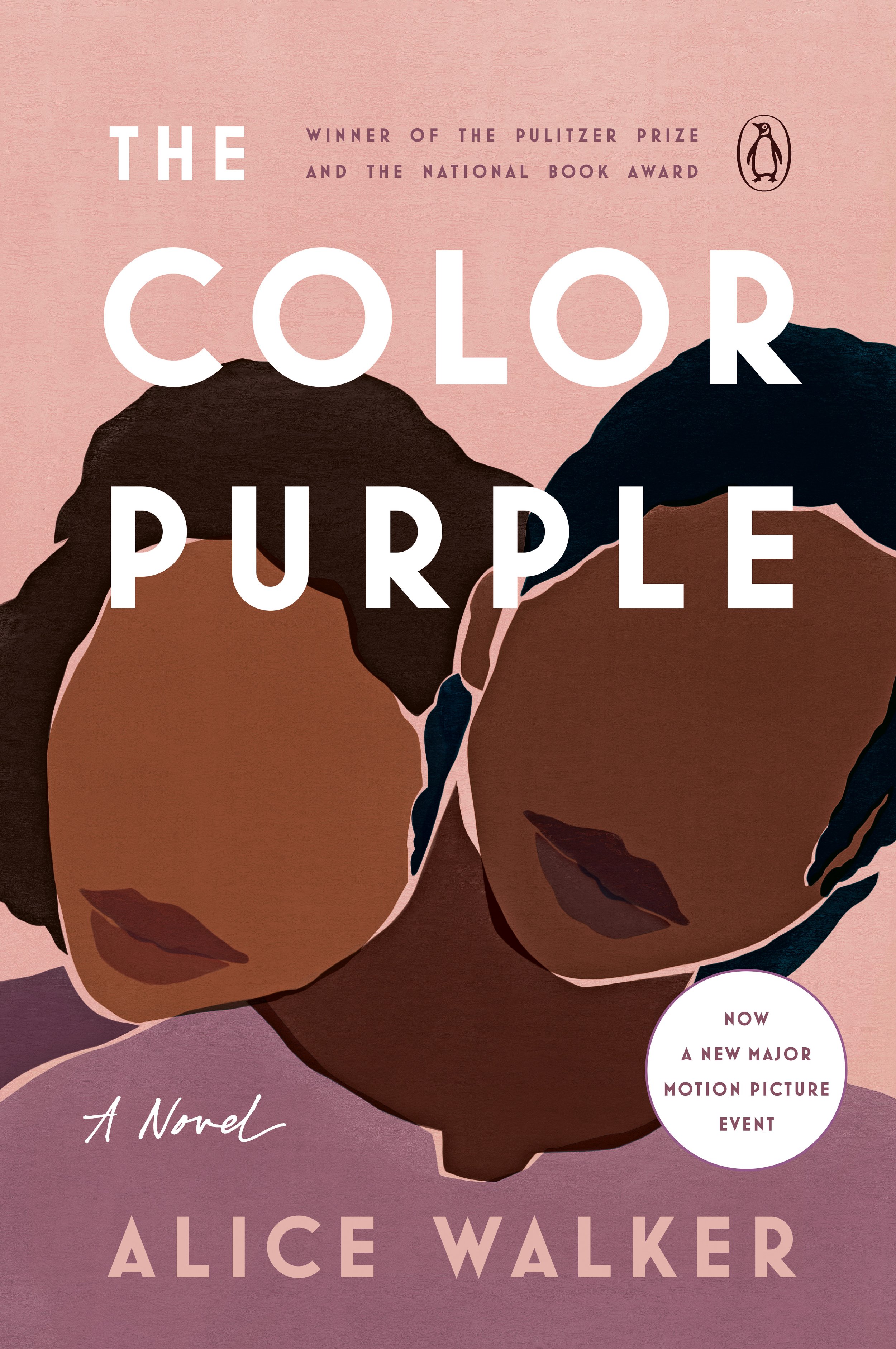The Color Purple by Alice Walker
Review of The Color Purple by Alice Walker
The Color Purple by Alice Walker (1982). Published by Penguin Books.
For so many years, I have been meaning to read The Color Purple. Throughout this blog, if you’re a more consistent reader, you’ll find this is a regular theme in the world of Ashley. Often I find myself consuming content years after I originally wanted to and discovered it originally.
That said, in Fall 2023 I began getting on such an audiobook kick. I was working twenty hours a week at the Smithsonian for my unpaid internship, and doing graduate school, so I was listening to them when I was doing work and driving to and from school.
I kept up this habit especially when I was working on my master’s thesis, which was on Korean women’s literature in the colonial period and time directly after it. I was cranking out almost a hundred pages of writing, which meant I was spending a ton of time in general with audiobooks.
The Color Purple is one of the last audiobooks I listened to in this time. I finished my thesis in May 2024, and lost my car immediately after. At least it wasn’t my fault! That was a terrible accident, and the student simply didn’t look before accelerating onto a main road.
Here’s my review of the book! I don’t want to ramble too much.
A young Black girl in rural Georgia struggles to find her place in the world.
Our protagonist in this novel is Celie, who is living in the early 1900s. A teenager, she often spends her time writing letters to God as a reprieve. Her father beats and rapes her consistently, leading to the births of two children that were immediately taken away by him.
When a farmer asks to marry her sister Nettie, her father offers Celie. The man, known as Mister, abuses her, and Nettie runs away to join Celie. However, Mister drives her away after approaching her sexually, and when Celie never hears from her again, she assumes her sister is dead.
One of Mister’s sons marries a girl named Sofia, who fights back against abuse. At the same time, Shug, a mistress of Mister’s and a singer, moves into the home. Celie cares for her, as she is ill, and Sofie moves out with the children.
When Shug heals, Sofie’s ex-husband, Harpo, opens up a juke joint where Shug sings. Shug also discovers Celie is beat by Mister, and she decides to stay at the house and help the girl. They do end up sleeping together in this process, and Shug begs Celie to go out into the world with her, where they can be free as girlfriends.
Shug prepares to leave, but as Celie prepares to go with her, she is caught by Mister. Sofia returns not long after, and slaps the mayor after getting into a fight with his wife. She is then sentenced twelve years in jail, and Squeak, Harpo’s new girl, helps her escape but is raped in the process.
Squake helps her kids in this process, as Sofia is forced to work for the mayor’s wife upon her release. Shug comes back into town soon, with a new husband in arm, and they discover Mister hid Nettie’s letters. In them, she revealed she went to Africa with a missionary couple who adopted the kids.
NEttie also learned that Celie’s father is their stepfather, as their original father was lynched. Celie confirms it with her father, and then tells Shug she is losing faith in the Lord. Celie, Shug, and Squeak then decide to pave their own destiny and leave town, settling in Tennessee.
Her father dies not long after that, and she inherits the land. She moves back home after that, and is heartbroken when Shug falls in love with someone else. Mister asks her to marry him in spirit, and she says no. Shug eventually comes back, ending her relationship.
The novel ends with Nettie and Celie meeting after thirty years, finally reunited and their families merging.
Overall Thoughts
I kind of knew to expect it from this novel, but it certainly was a lot at times. If you need trigger warnings for rape and incest, this novel goes right into it all.
That said, it is an important novel. I see why it has had such success, and it was a mainstream novel in the 1980s that broke through. The film adaptations have helped it survive throughout the decides as well.
I don’t know if I’d be returning to this any time soon, but again, I am glad I read it. I had to take quite a few breaks, but the prose itself is heartbreaking and refuses to hold back in a way that I can admire.
Go read this if you have not already and want to!
Follow me below on Instagram and Goodreads for more.


![Jeju-do (제주도) is one of those places that reminds you of how stunning the world is
[7.12.2024 부터 7.14.2024 까지]](https://images.squarespace-cdn.com/content/v1/5ea1f794501b7153b29e7cd7/1721033601522-554E76HR01JUHDWZBJ1I/image-asset.jpeg)









